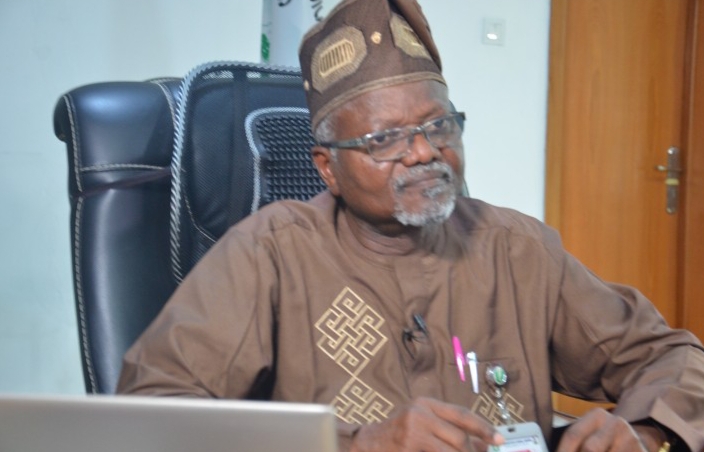

The Nigerian Institute of Medical Research (NIMR), the country’s premier medical research institute, is on the brink of a severe operational crisis as it battles an unrelenting surge in electricity bills from the Eko Electricity Distribution Company (EKEDC).
With bills escalating by approximately ₦218 million within just five months, the institute is now staring down the possibility of a complete blackout, a scenario that could disrupt its critical research activities EKOHOTBLOG can exclusively report.
In a recent Interview with EkoHotBlog, the Director-General of NIMR, Prof. John Obafunwa expressed deep concerns over the unsustainable trajectory of these electricity bills.
He said between August and December 2024, the institute witnessed an alarming increase in charges, leaving its monthly budget allocations for electricity grossly inadequate to meet the burgeoning costs.
Continuing, he noted that despite significant efforts to manage and reduce energy consumption internally, the institute has seen no relief, as EKEDC’s billing continues to rise inexplicably.
NIMR, renowned for its pivotal role in advancing medical research and combating public health challenges, relies heavily on uninterrupted electricity to maintain its laboratories, preserve sensitive biological materials, and power essential equipment.
Any disruption to the power supply could have devastating consequences for its ongoing projects, including research into communicable diseases, vaccine development, and other critical health interventions.
Over the past few months, the institute has made attempts to address the issue directly with EKEDC. Prof. Obafunwa revealed that three formal letters had been sent to the distribution company, seeking clarity and a resolution to the billing anomalies. However, these efforts have yielded no tangible results.
Instead, EKEDC has reportedly responded with threats, warning that the institute could face total disconnection if it fails to settle the mounting bills.
The DG noted that such a move would not only cripple the institute’s operations but also jeopardize Nigeria’s capacity to respond effectively to emerging health crises.
NIMR’s work plays a vital role in the nation’s healthcare system, and a blackout would inevitably create ripple effects that extend far beyond the institute’s immediate environment.
Exploring Alternatives
In the face of this mounting challenge, NIMR has begun exploring alternative energy solutions to ensure the sustainability of its operations.
According to Prof. Obafunwa, adopting renewable energy sources such as solar power is now a pressing necessity. While such solutions promise long-term benefits, the initial costs of transitioning to alternative energy are substantial and may require significant government intervention or private sector support.
The institute is also considering other measures to optimize its energy usage, including further reducing non-essential power consumption and investing in energy-efficient technologies.
However, these efforts may still fall short of bridging the gap created by EKEDC’s soaring bills.
It would be recalled that experts have long called for reforms in Nigeria’s electricity sector to address these challenges.
They argue that improved regulatory oversight, transparent billing practices, and investments in infrastructure are essential to creating a more equitable and functional system.
Click Here For Video of The Week https://youtu.be/TbMg-FJf8nw
Hon. Akinloye Ismail extends heartfelt birthday wishes to Oba Ayodele Kolawole Aliyu at 85 Describes…
Celebration of Oba Ayodele Aliru Alade-uraka’s 85th birthday in Poka Land Youth leaders commend the…
Ijoba Lande Apologizes: The comedian says his words were taken out of context and that…